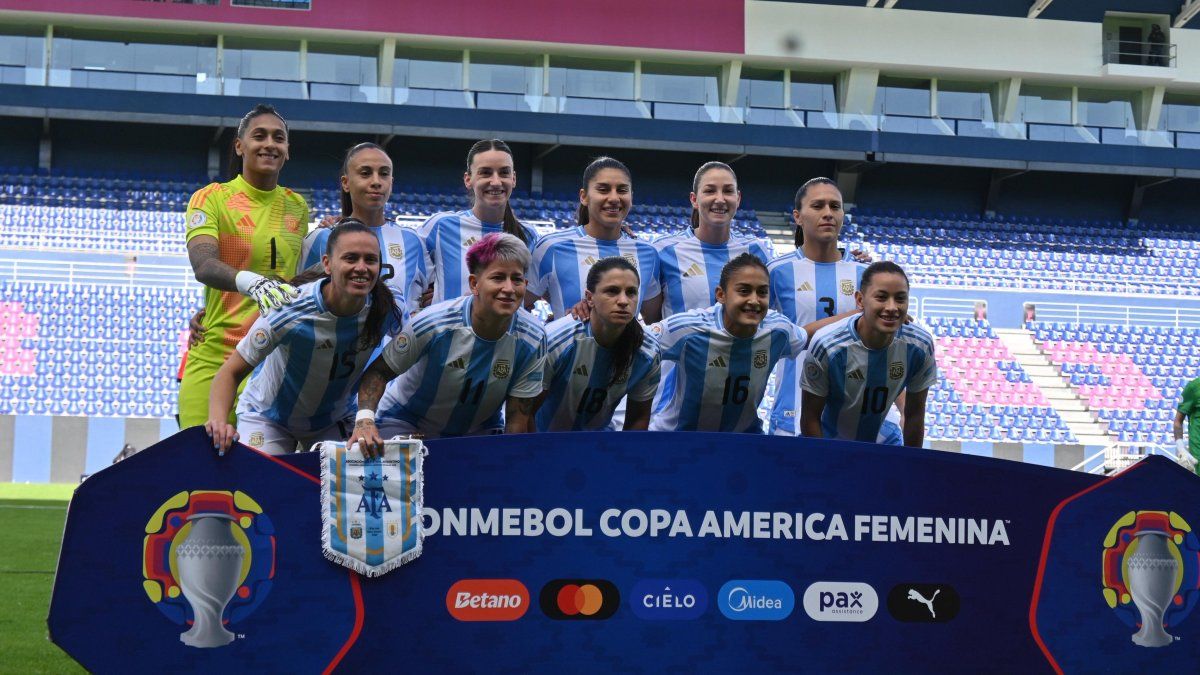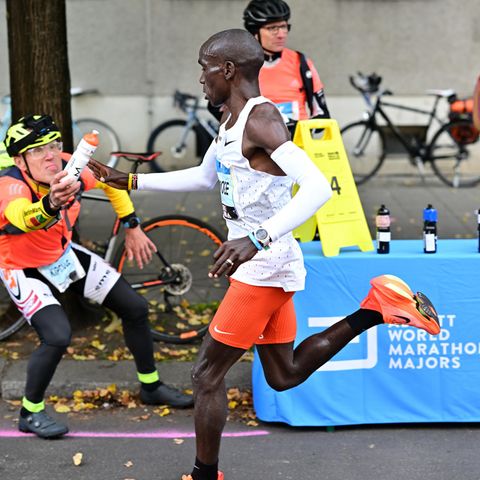Global inequality has reached alarming levels. A recent report from Oxfam reveals that The richest households in the world, approximately 3,000, account for 13% of the world’s Gross Domestic Product (GDP). This data contrasts with the levels of 1987, when that proportion was barely 3%. In just 35 years, the concentration of wealth in the hands of a few has grown significantly, increasing the gap between rich and poor globally.
The document, titled “Multilateralism in an era of global oligarchy: how inequality undermines international cooperation,” was published in a key context: the United Nations General Assembly. As world leaders gather in New York to discuss solutions to global problems, this report highlights how the growing concentration of wealth in the hands of a few is affecting the ability for international cooperation.
The work points out that the richest 1% in the world own 43% of all global financial assets. As an example, two multinationals dominate 40% of the global seed market, and three large American investment fund managers (BlackRock, State Street and Vanguard) control 20 trillion dollars in assets, which is equivalent to about a fifth part of all investment assets globally.
Inequality and its impact in countries of the global south
One of the most worrying aspects of the report is the impact that this concentration of wealth has in the countries of the global south, where Argentina is located. Oxfam highlights that these countries, which represent 79% of the world’s population, only control 31% of the world’s wealth. This disparity is particularly notable in regions like Latin America, where income inequality has been a persistent problem.
The report also points out that developing countries allocate a significant portion of their annual budgets to paying off their debts, to the detriment of investment in key areas such as education, health and social protection. According to Oxfam, low-income countries allocate close to 40% of their budgets to debt service, a figure that is 60% greater than what they collectively invest in basic social services. This imbalance further aggravates the global debt crisis, while many of the lenders are private banks or investment funds, including those known as “vulture funds.”
The influence of the ultra-rich on global decision-making
The Oxfam report does not limit itself to showing figures, but also highlights how the ultra-rich and mega-corporations influence political decision-making at a global level. This “global oligarchy”, as the document defines it, has an increasingly greater weight in the configuration of the rules of the economic and political game. Amitabh Behar, executive director of Oxfam International, warns that this phenomenon is putting at risk global efforts to confront challenges such as the climate crisis and persistent levels of poverty.
Behar takes direct aim at the power that the richest have acquired, warning that “the shadow of the global oligarchy hangs over the United Nations General Assembly.” According to the director of Oxfam, the ultra-rich and the corporations they control are shaping the global system in their favor, without taking into account the needs of the rest of the population. This growing concentration of power is weakening the capacity for action of multilateral organizations such as the UN, whose influence is diminished in the face of the growing power of billionaires and large companies.
Solutions proposed by Oxfam: a multilateralism based on equity
Oxfam suggests that the only way to reverse this trend is through fairer and more equitable multilateralism. The report notes that some world leaders have begun to become aware of the problem and have increased their efforts to reduce inequality. However, Behar highlights that these efforts are not enough and that a greater commitment is required from governments and international institutions.
Oxfam’s proposal involves creating a more equitable economic system, in which the ultra-rich and large companies pay their fair share of taxes and in which global public health is prioritized. Furthermore, the need arises for all countries, especially those in the global south, to be able to invest in public services that benefit the entire population and not just a minority.
The role of debt in perpetuating inequality
A key aspect of the report is the impact that private creditors have in perpetuating the global debt crisis. Oxfam points out that more than half of the external debt of low- and middle-income countries is in the hands of private lenders, such as banks and hedge funds. These creditors, often called “vulture funds”, buy debt at low prices in times of crisis and then use legal mechanisms to demand full payment, generating huge profits at the expense of debtor countries.
The report concludes that in order to meet the challenges of the future, such as climate change and the fight against poverty, a more inclusive multilateral approach is needed that allows all countries, regardless of their level of wealth, to have a voice in making of global decisions.
Source: Ambito
I am an author and journalist who has worked in the entertainment industry for over a decade. I currently work as a news editor at a major news website, and my focus is on covering the latest trends in entertainment. I also write occasional pieces for other outlets, and have authored two books about the entertainment industry.




